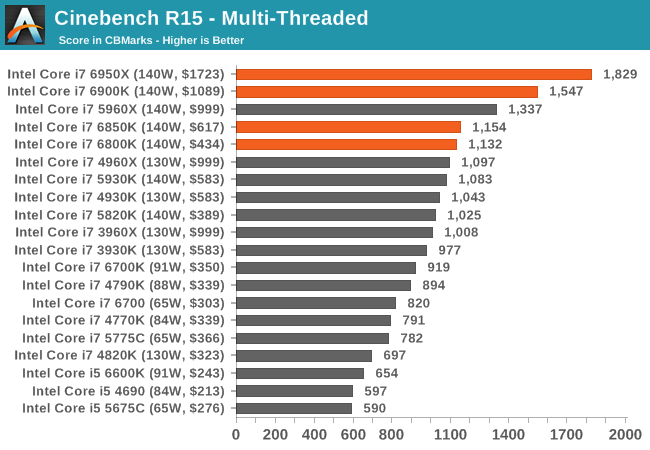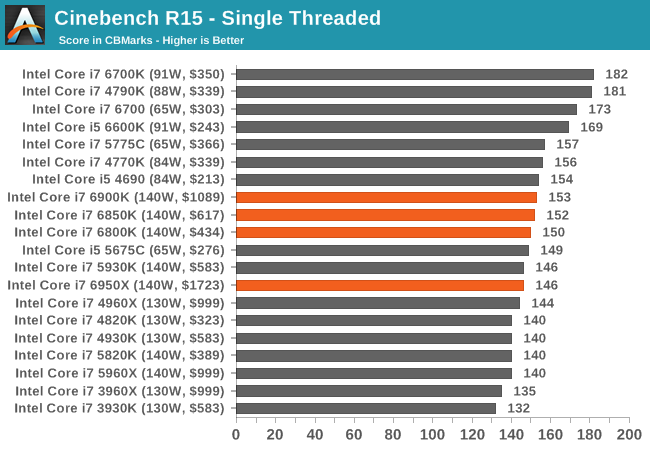Redneck5439
Honorable
Still nothing that I can find that one could call official, but things are still looking promising.
http://wccftech.com/amd-ryzen-7-1800x-overclocked-benchmarks/
https://www.forbes.com/sites/antonyleather/2017/02/28/amd-ryzen-new-benchmark-leaks-world-records-intel-price-drops-and-what-to-expect-on-launch-day/#7eb06ce625df
http://wccftech.com/amd-ryzen-7-1800x-overclocked-benchmarks/
https://www.forbes.com/sites/antonyleather/2017/02/28/amd-ryzen-new-benchmark-leaks-world-records-intel-price-drops-and-what-to-expect-on-launch-day/#7eb06ce625df






